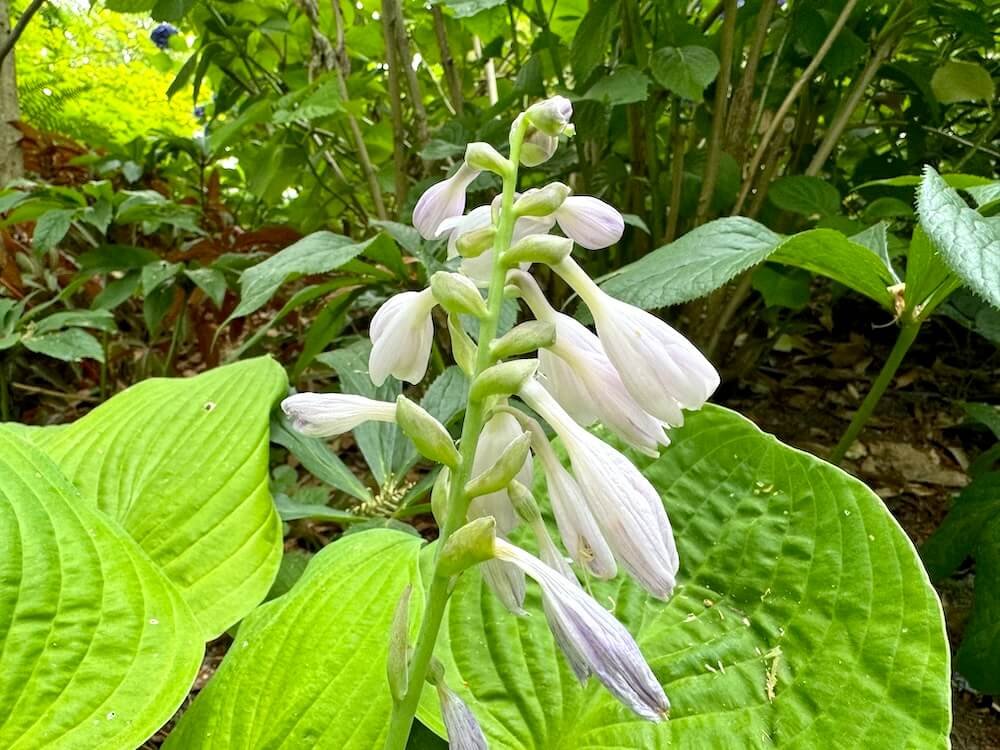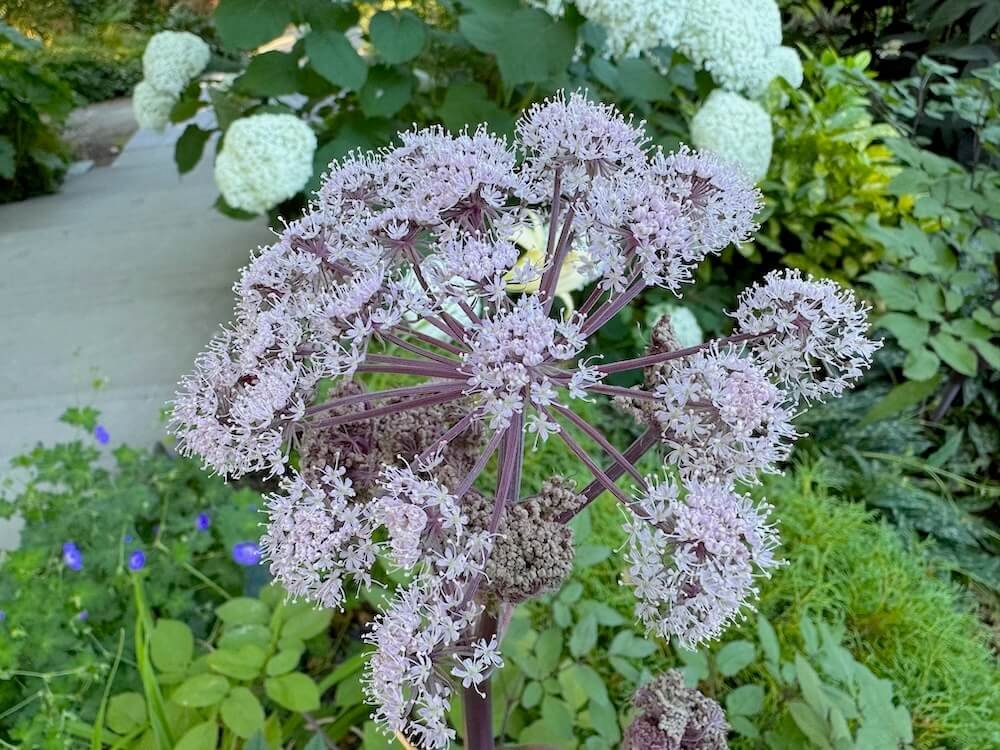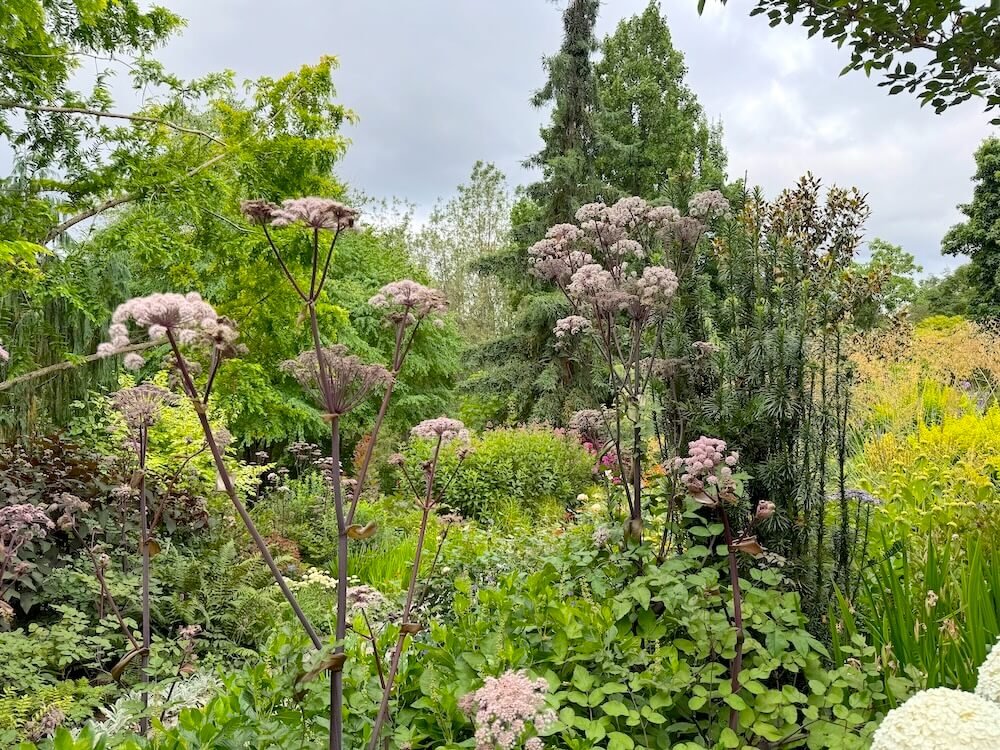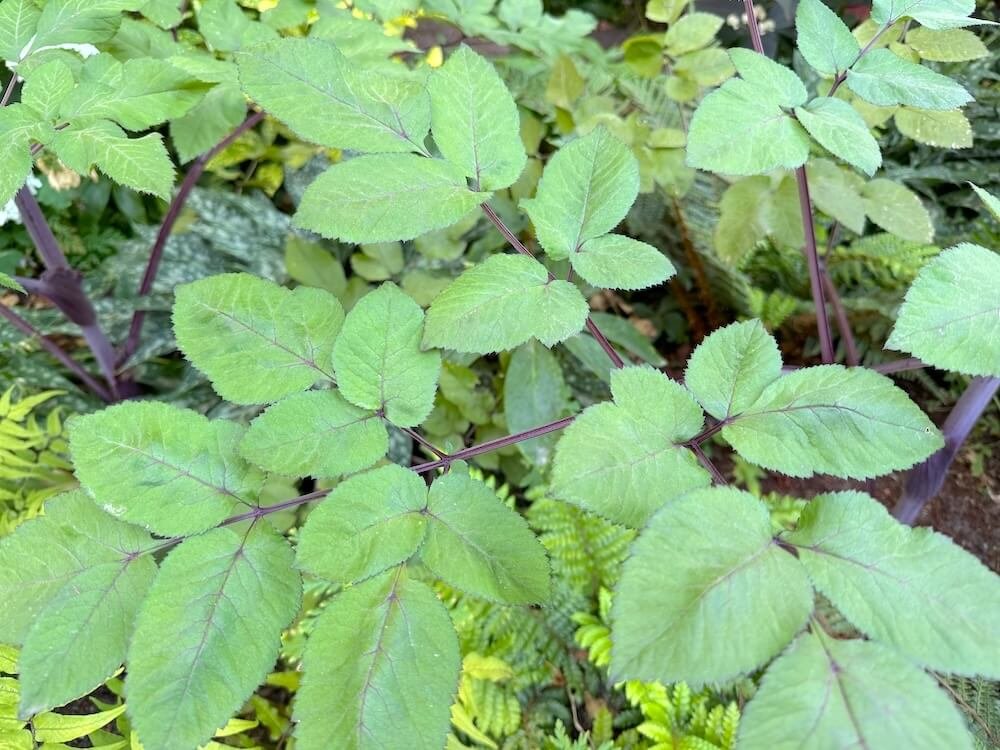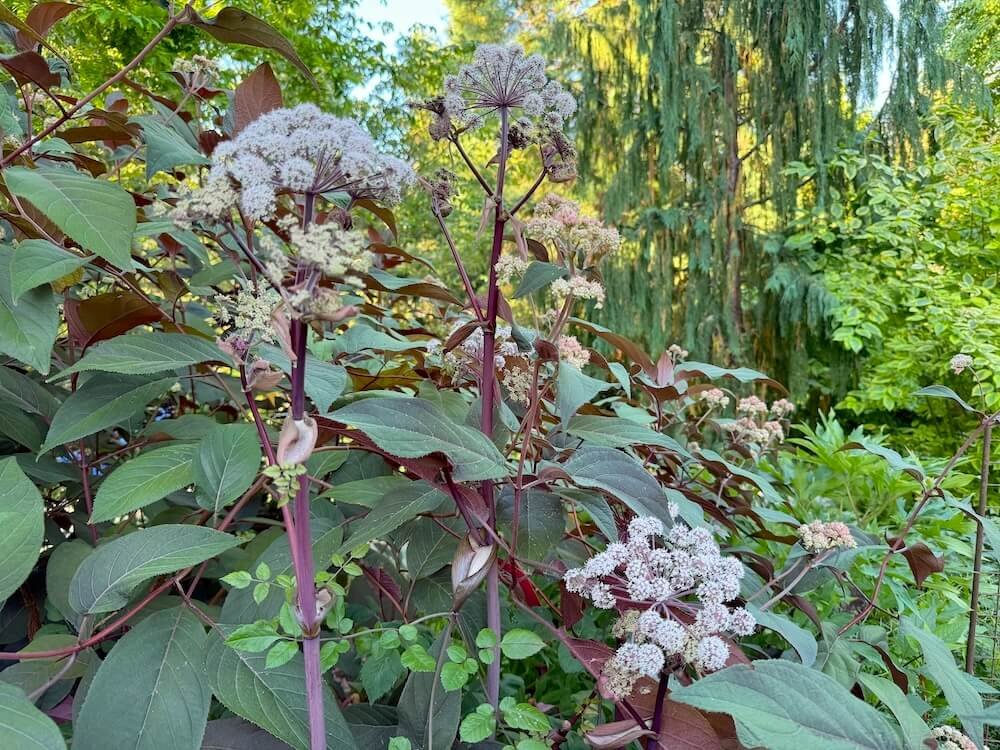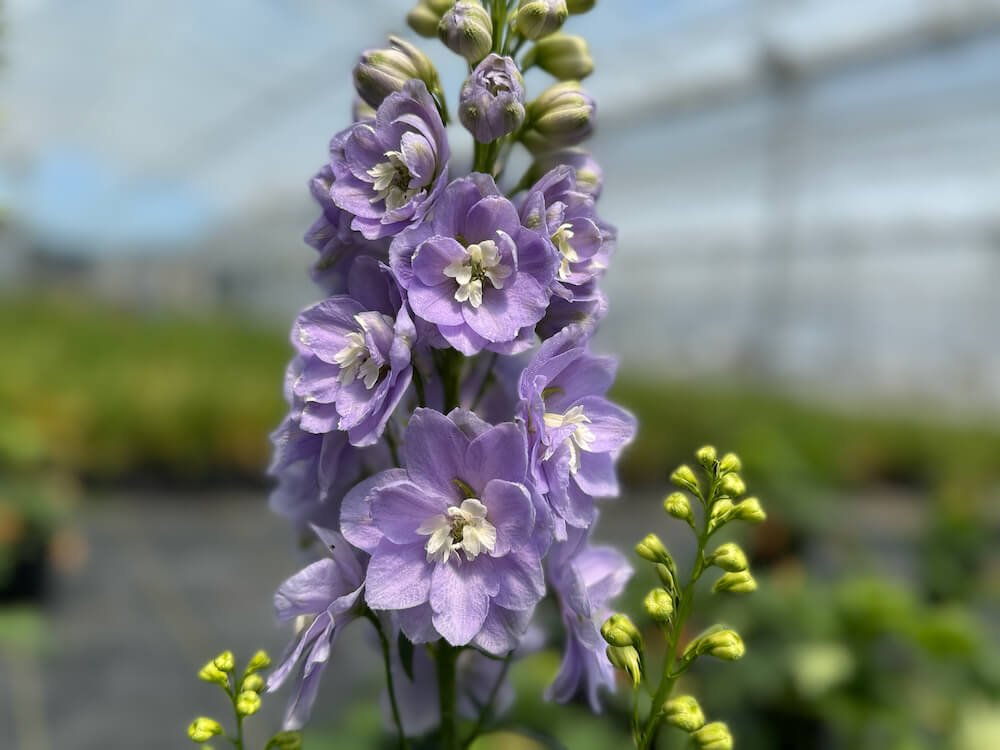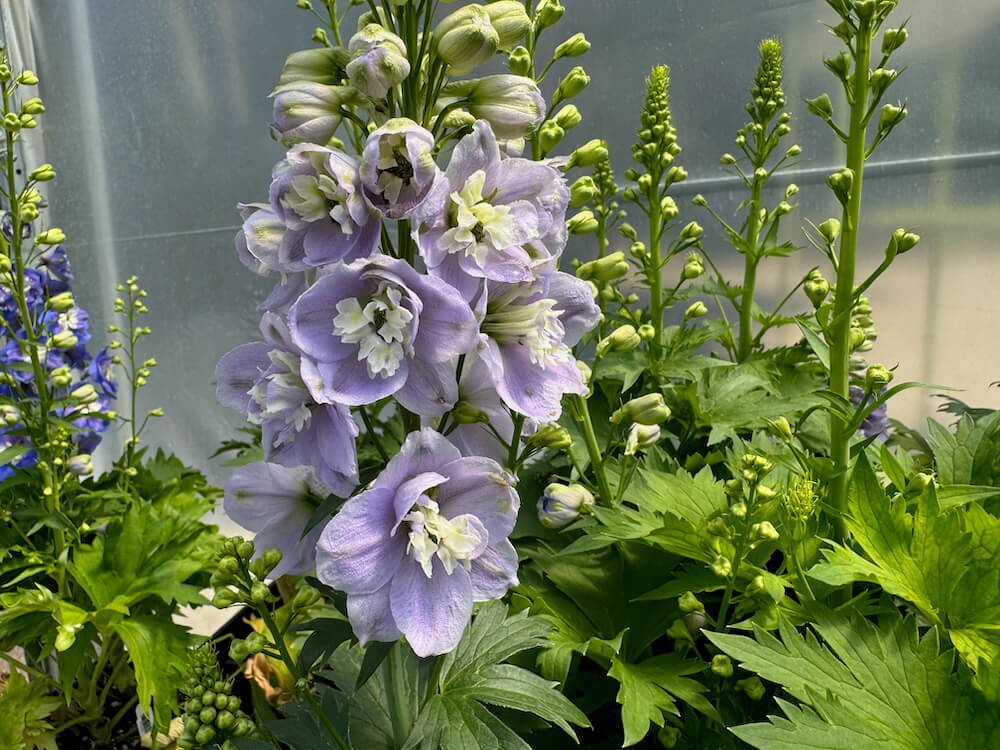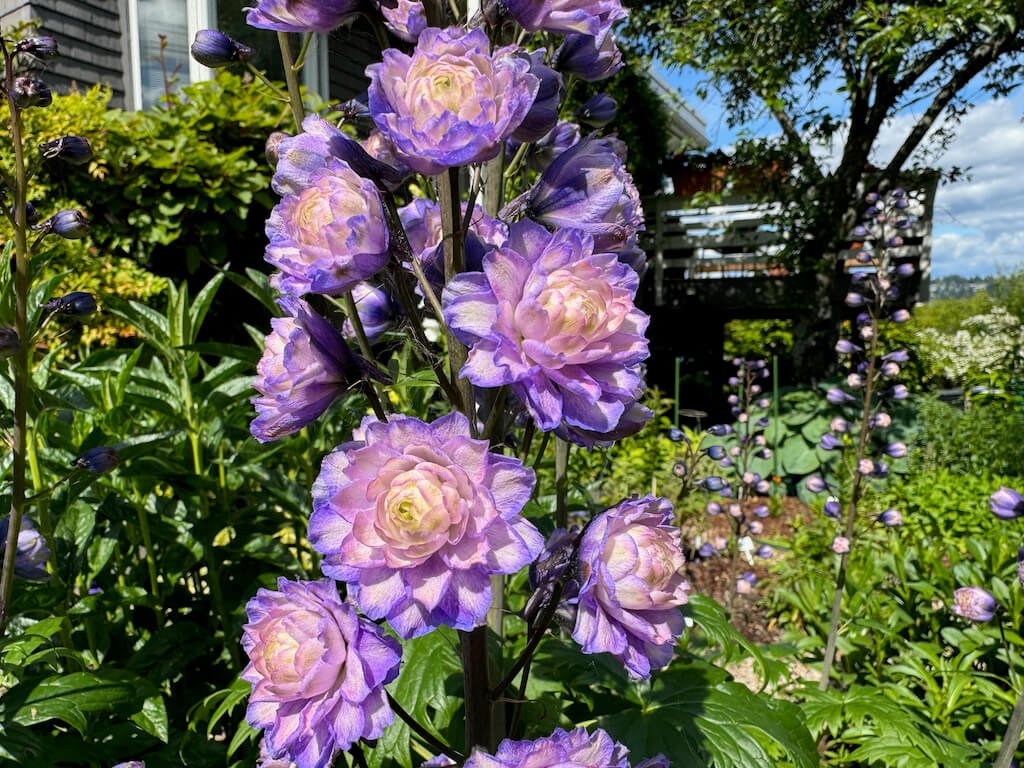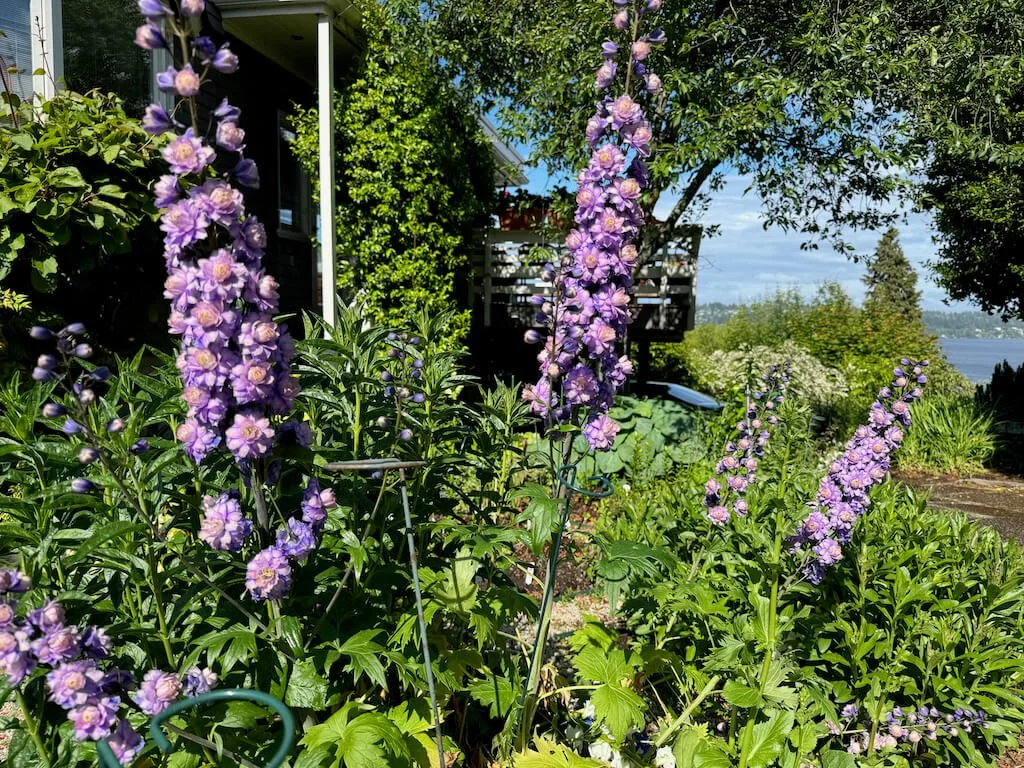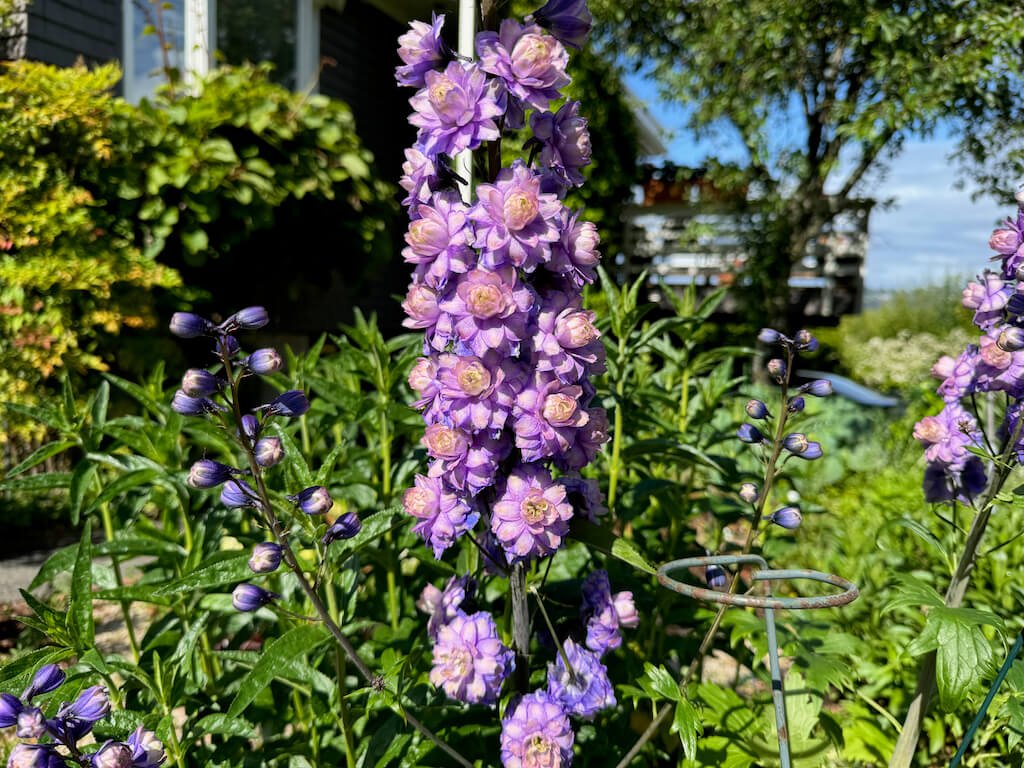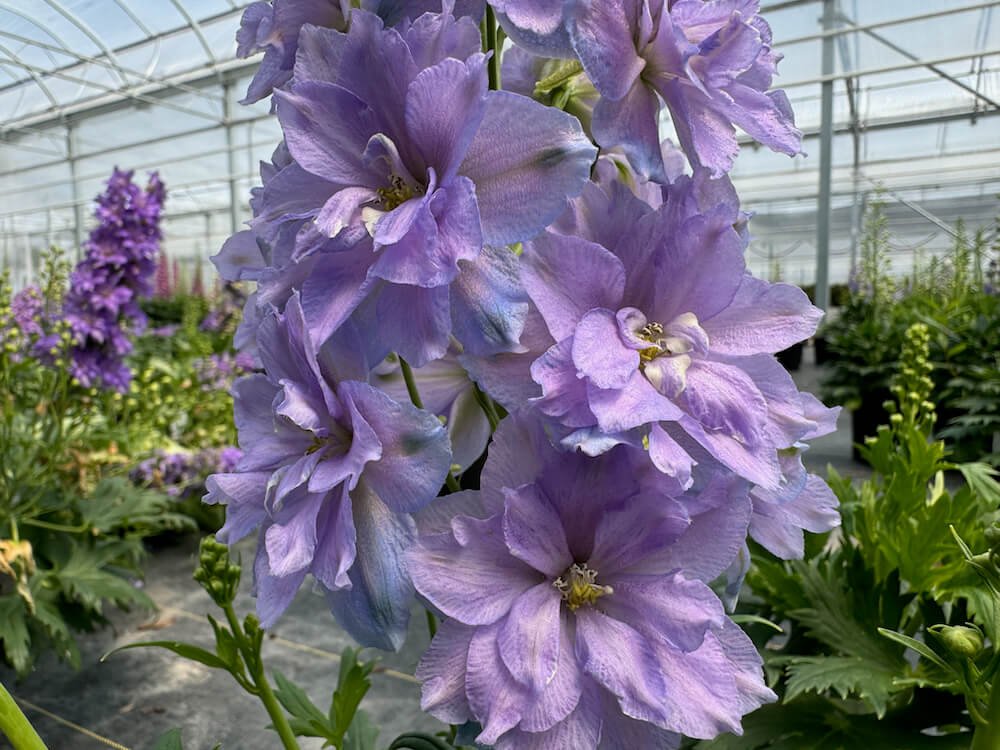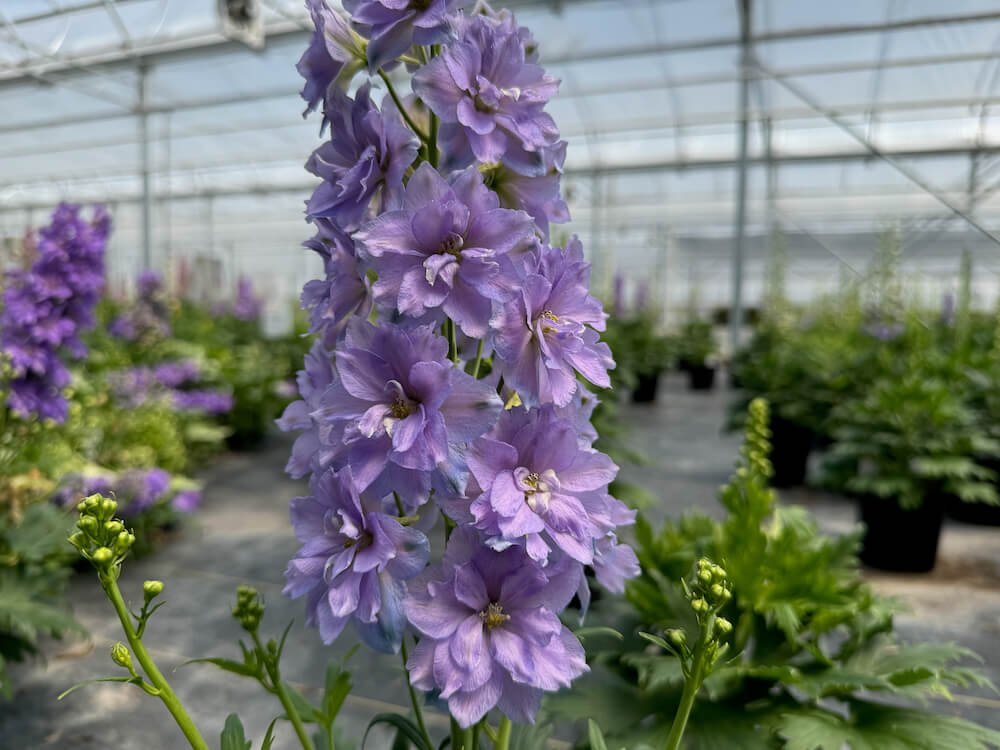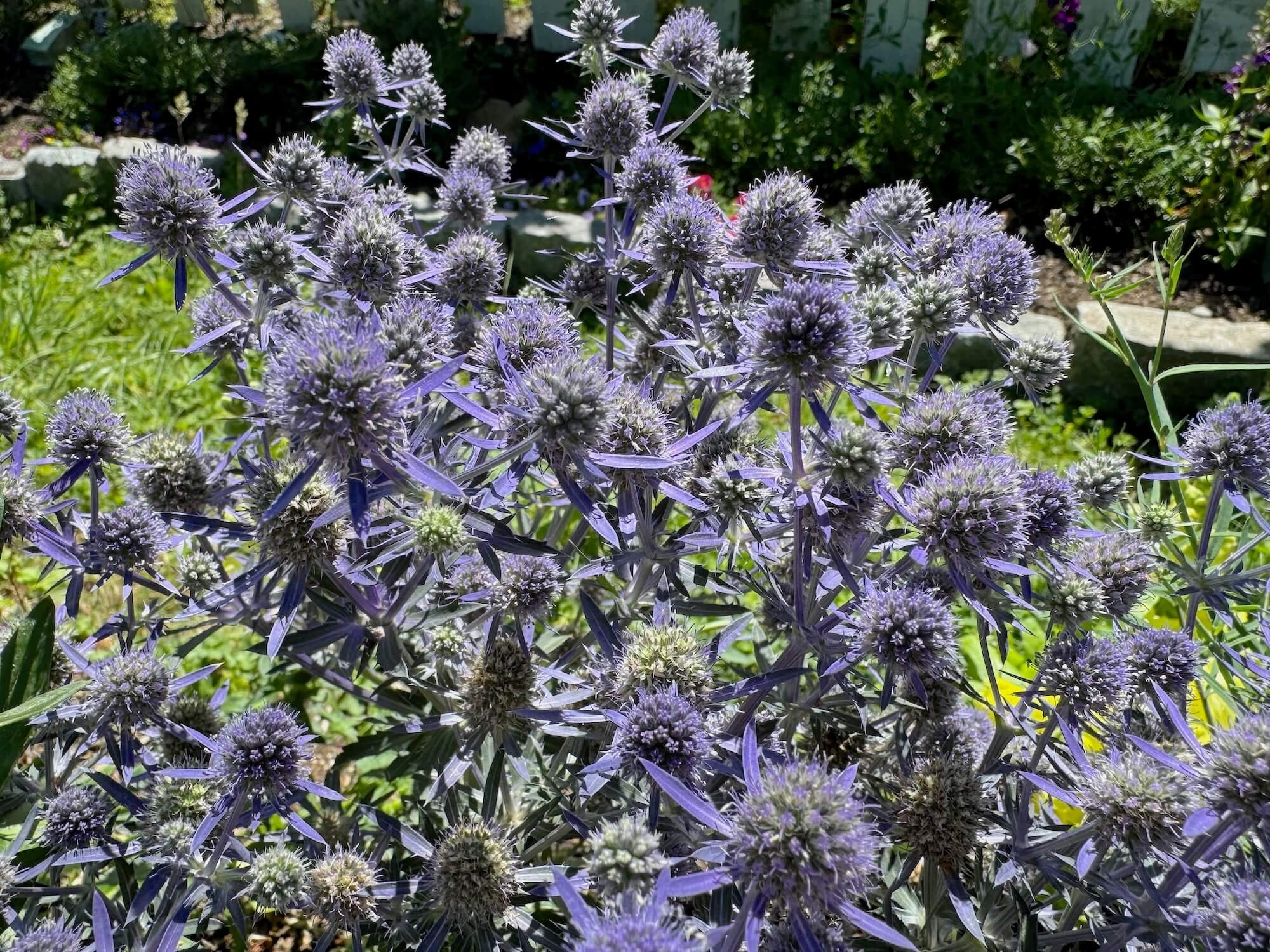 Image 1 of 2
Image 1 of 2

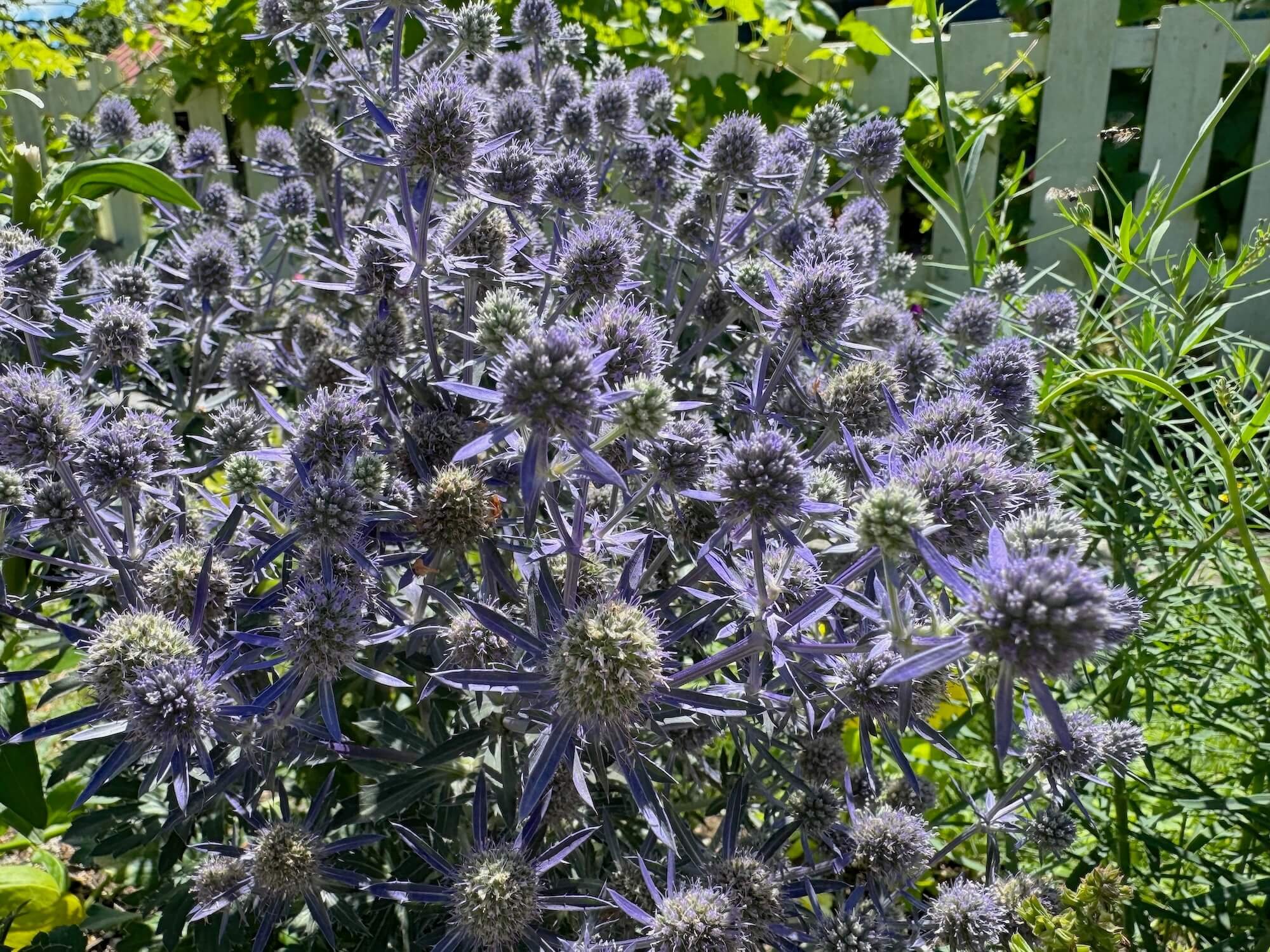 Image 2 of 2
Image 2 of 2



Eryngium planum | Flat Sea Holly
DESCRIPTION
Eryngium planum, commonly known as flat sea holly, is a perennial native to regions including the Alps, Jura, and the Balkan mountains. In summer, it produces steel-blue, thistle-like flower heads atop branched stems, rising from a rosette of dark green, deeply toothed basal leaves.
This plant thrives in full sun and is drought-tolerant once established, making it suitable for dry, sandy, well-drained soils. Its unique texture and color provide lasting interest in the landscape, and it serves as a valuable addition to gardens, attracting bees and butterflies.
DESCRIPTION
Eryngium planum, commonly known as flat sea holly, is a perennial native to regions including the Alps, Jura, and the Balkan mountains. In summer, it produces steel-blue, thistle-like flower heads atop branched stems, rising from a rosette of dark green, deeply toothed basal leaves.
This plant thrives in full sun and is drought-tolerant once established, making it suitable for dry, sandy, well-drained soils. Its unique texture and color provide lasting interest in the landscape, and it serves as a valuable addition to gardens, attracting bees and butterflies.
DESCRIPTION
Eryngium planum, commonly known as flat sea holly, is a perennial native to regions including the Alps, Jura, and the Balkan mountains. In summer, it produces steel-blue, thistle-like flower heads atop branched stems, rising from a rosette of dark green, deeply toothed basal leaves.
This plant thrives in full sun and is drought-tolerant once established, making it suitable for dry, sandy, well-drained soils. Its unique texture and color provide lasting interest in the landscape, and it serves as a valuable addition to gardens, attracting bees and butterflies.
-
Family: Apiaceae
Height: 30 to 40 inches
Width: 12 to 18 inches
Foliage color: Gray-green with spiny margins
Flower color: Bluish to purplish, forming globular heads
Bloom time: June to September
Light requirements: Full sun
Water requirements: Low to moderate
Maintenance: Low; minimal care required
Growing zone: USDA zones 3 to 9
Wildlife attractors: Attracts bees and butterflies


